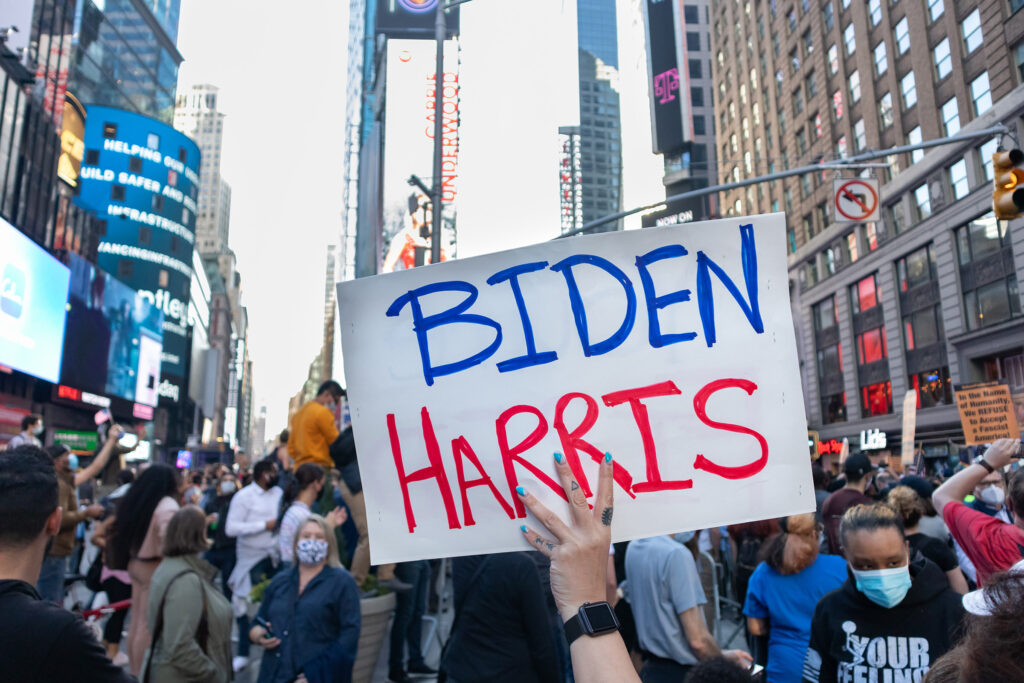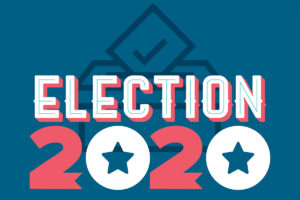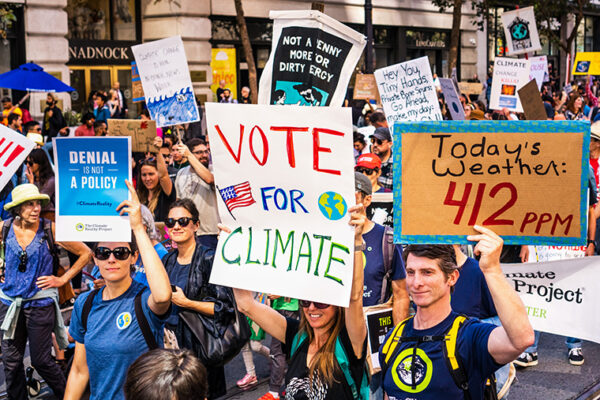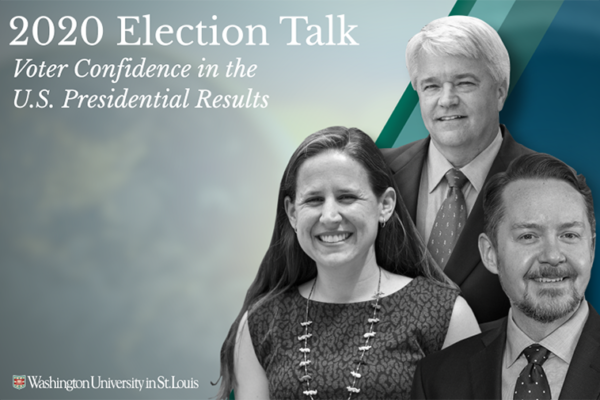
The 2020 presidential election has finally come to an end. On Saturday, Nov. 7, The Associated Press and other news organizations called Pennsylvania for Joe Biden, putting him over the necessary threshold of 270 electoral votes.
Yet it had been clear since Nov. 3, when Americans went to the polls, that Biden would win the popular vote. The days of uncertainty and drama were entirely due to the arcane, and archaic, mechanics of the Electoral College, says Rachel Brown, assistant professor in the Department of Women, Gender, and Sexuality Studies in Arts & Sciences at Washington University in St. Louis.

“Every four years, both the Democratic and Republican parties hope the Electoral College will work for them,” Brown explained. “This presents an opportunity to revisit the historical and ongoing entanglements of this system with race, property, wealth and political power.
“Through the Electoral College, the authors of the Constitution engineered a compromise between those advocating for a popular national vote and those believing Congress should choose the president,” Brown continued. “As articulated by James Madison, himself an enslaver, the Electoral College would allow the South to count the enslaved population toward its total number of electors, despite they themselves not being allowed to vote.
“The Electoral College was equally an elite response to challenges posed by the people en masse — comprised of, among others: enslaved, fugitive and free Black populations; dispossessed Indigenous populations; and poor and working-class white populations — to the rule of the white, propertied, patriarchal order. From the postbellum period to the contemporary moment, disenfranchisement and voter suppression do well under this institution, preserving the close relationship between political power, wealth and property.
 “It also in effect grants more electoral votes to states with larger white populations. Against the broader landscape of mass incarceration and ‘electoral capitalism,’ discussions around the abolition of the Electoral College can be fertile ground for reimagining political possibilities beyond our current system.”
“It also in effect grants more electoral votes to states with larger white populations. Against the broader landscape of mass incarceration and ‘electoral capitalism,’ discussions around the abolition of the Electoral College can be fertile ground for reimagining political possibilities beyond our current system.”


